
Conversion Therapy On Kids Now A Crime In ACT
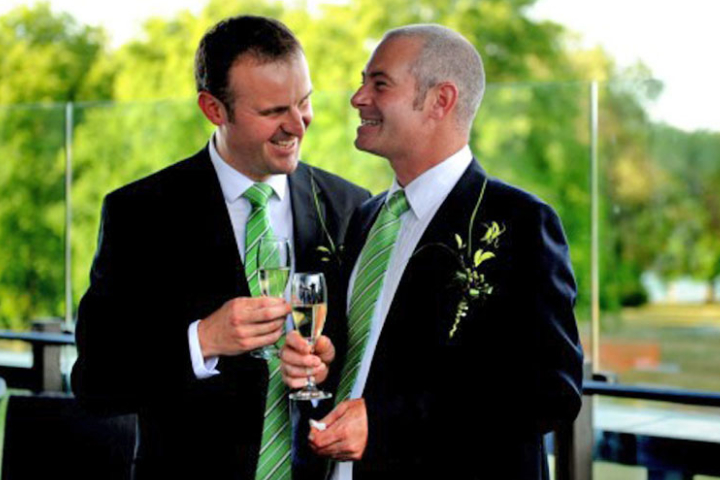
Conversion practices performed on a child or a person with impaired decision making ability will be a crime in the Australian Capital Territory and can invite a prison term of up to 12 months and fines of up to $24,000.
The ACT Parliament has passed the law which prohibits conversion practices, becoming the second Australian state/territory to have such a ban. The Sexuality and Gender Identity Conversion Practices Bill 2020 passed 14 to 11 with the Labor and Green parties in favour and Liberals opposing it.
Any person who performs a sexuality and gender identity conversion practice on a child or a person with impaired decision-making ability or takes them out of ACT to subject them to such “therapies” can be punished with fines of up to $24,000 and prison terms of up to 12 months. A parent or guardian’s consent to such practices is immaterial.
Persons who have been harmed by conversion practices can initiate civil proceedings by lodging a complaint before the ACT Human Rights Commission, that can decide to refer the case to the ACT Civil and Administrative Tribunal (ACAT). The tribunal can pass orders including asking the person not to repeat or continue to perform harmful conversion practices, pay compensation or issue a public apology.
The law does not prohibit supporting or assisting a person who is undergoing or considering gender transition.
Earlier, this year Queensland had become the first Australian state to enact a law that banned conversion practices, though survivors had criticised it for restricting it to health settings and not covering religious or informal settings which cause the most harm.
The ACT law covers health as well as religious and other informal settings. ABC News reported that following concerns raised by the ACT Law Society and the Association of Christian Schools that the definitions were “broad and vague”and could criminalise parents and teachers, an amendment was made to the bill before it was passed by the Parliament.
The amendment allows a person “the right to freedom of thought, conscience and religion, including the freedom to demonstrate their religion or belief in worship, observance, practice and teaching, either individually or as part of a community and whether in public or private (under the Human Rights Act 2004)… It is not intended that a mere expression of a religious tenet or belief would constitute a sexuality or gender identity conversion practice,” the amendment states.
The ACT government had said the law “will not prevent religious schools from teaching the tenets of their faith,including teachings on homosexuality or gender identity. It is aimed only at practices that actively seek to change the sexuality or gender identity of a person.”
The ACT Law Society said that while it supports the intent behind the new law, it did not agree with the creation of a new criminal offence to deal with conversion practices.
“The criminal law is a blunt instrument when it comes to modifying behaviours. Not every legislative initiative needs to be supported by an offence provision,”said Michael Kukulies-Smith, Chair of the society’s Criminal Law Committee.
Conversion practices survivor groups SOGICE Survivors and Brave Network welcomed the law as an important step.
“In passing this law, the ACT government has sent a strong message that conversion practices, whether performed by a health professional, a religious leader or any other person, are not to be tolerated,” Chris Csabs from SOGICE Survivors said in a statement.
“This law is ground-breaking as the first Australian example of legislation that successfully separates pseudoscientific conversion ideology from legitimate religious theology, rejecting the myth that the damaging and misleading claims at the heart of conversion practices are a core part of religious tradition,” Nathan Despott from Brave Network said.
Just-Equal, a national LGBTQI lobby group gave the ACT law a 7 out of 10 saying it was a vast improvement from the Queensland law.
“On the downside, the ACT legislation doesn’t properly address therapeutically false, damaging and misleading claims; referrals and advertising related to conversion practices; and attempts to suppress sexual orientation and gender identity,” said Canberra resident and spokesperson for Just-Equal, Ivan Hinton-Teoh.
Equality Australia CEO Anna Brown said that the two-year statutory review of the law will allow communities to monitor the effectiveness of the law. “The law must be met with redress and support for current survivors, and investment in programs to build awareness of the harm caused by conversion therapy so we can finally end these damaging practices for good.”
“Conversion practices are based in an ideology that LGBTQ people are ‘broken’ or ‘unnatural’ and encompass a wide range of activities that seek to ‘fix’ people – so that they become or express a heterosexual or cisgender identity,” Andrew Barr, Chief Minister of ACT and the only openly gay head of government in Australia had said while introducing the law in the legislative assembly. Barr had married his long-term partner Anthony Toms in 2019.
Victoria, South Australia and Tasmania are all in various stages of enacting their own laws against conversion practices.




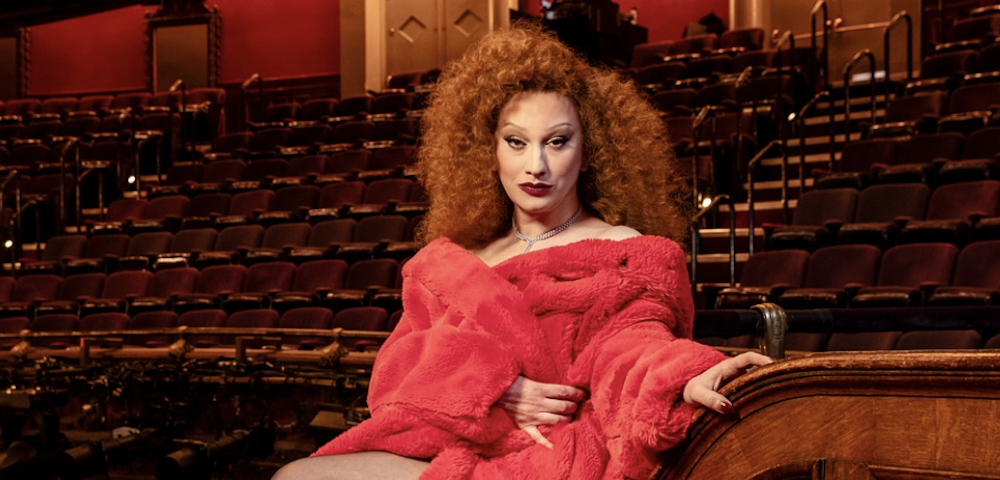
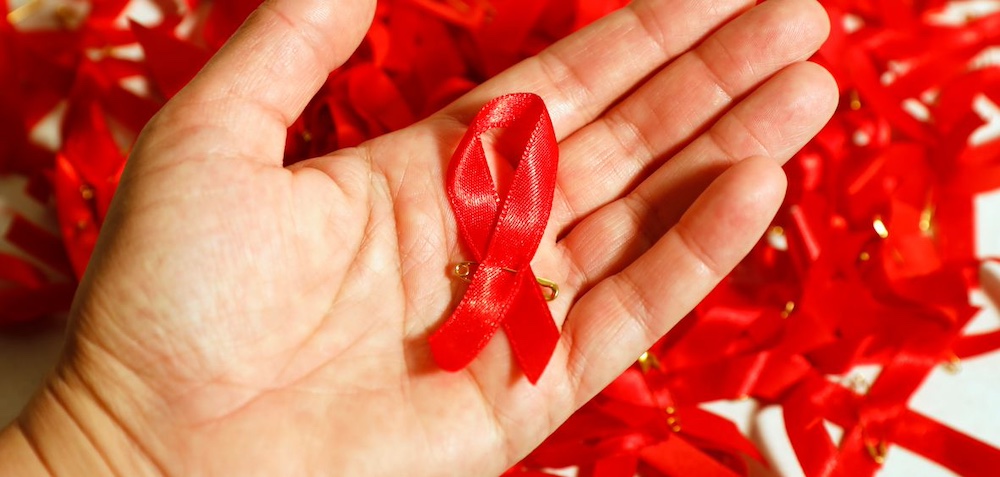

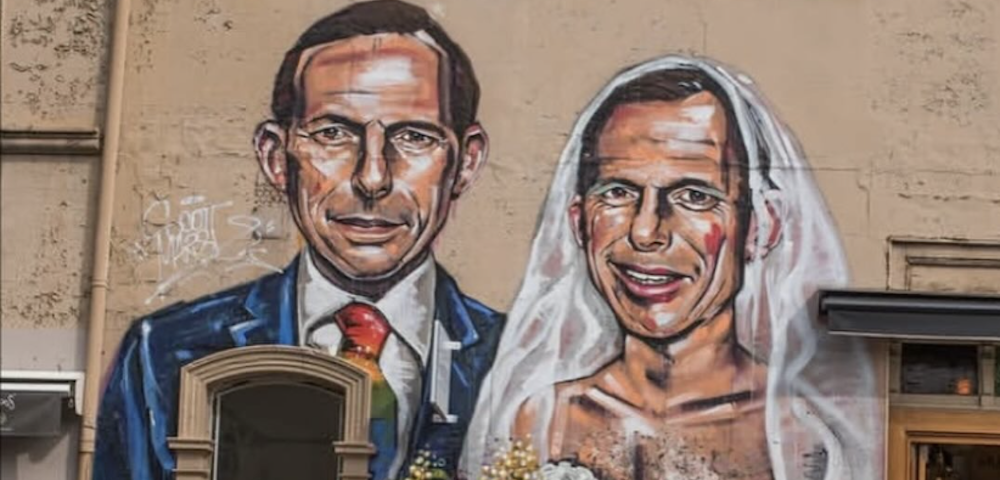
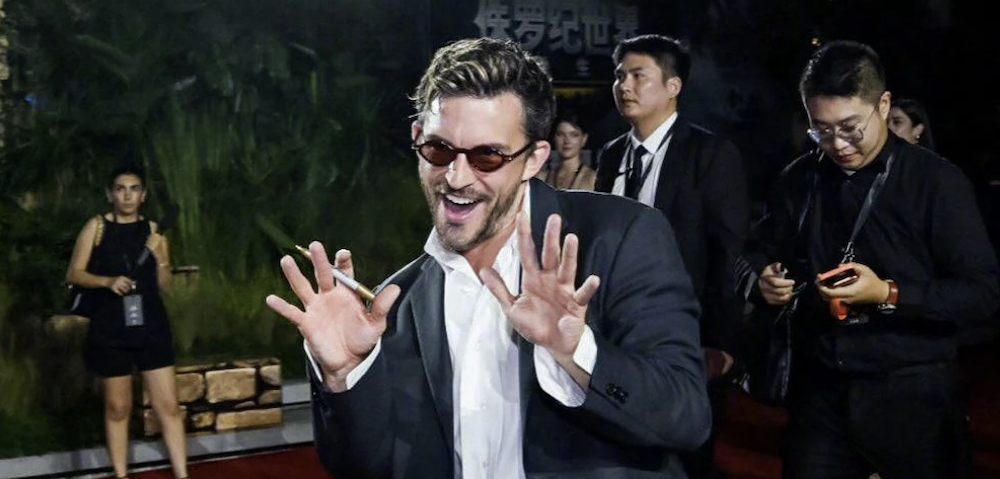
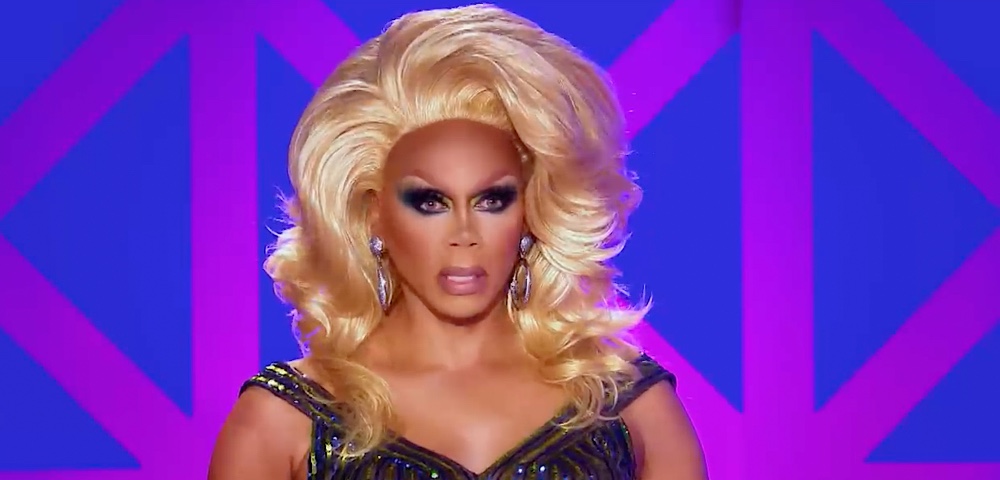
Long Overdue!